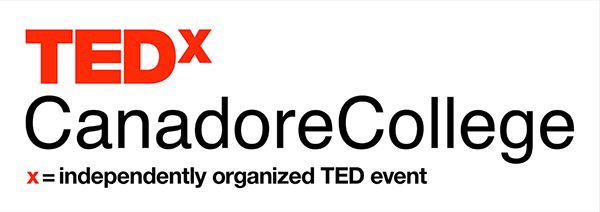What is TED
TED stands for "Technology, Entertainment, Design." It is a global non-profit organization devoted to the dissemination of "Ideas Worth Spreading." TED was founded in 1984 and is widely recognized for its annual conferences, where thought leaders and experts from various fields deliver concise and compelling talks on a wide range of topics. These TED talks often cover science, technology, the arts, design, education, and more.
TED is known for its commitment to sharing knowledge and inspiring thought-provoking discussions. The hallmark of TED talks is their brevity, with speakers typically limited to 18 minutes or less. These short, powerful talks are designed to engage and inform a broad audience.
In addition to the annual TED conferences, TED has expanded its reach through various initiatives, including TEDx events (independently organized local TED-like events), TED-Ed (educational lessons), TED Fellows (support for emerging innovators), and the TED website, which hosts a vast library of TED talks that are freely accessible to the public. The organization's aim is to foster creativity, curiosity, and a deeper understanding of the world by sharing ideas, knowledge, and stories from experts and thought leaders across the globe.
What is TEDx
TEDx is an independently organized program under the TED umbrella that brings the spirit of TED (Technology, Entertainment, Design) to local communities worldwide. TEDx events are locally organized and self-funded gatherings that follow the format and principles of TED talks.
The "x" in TEDx stands for "independently organized." These events are organized by volunteers who apply for a license from TED to host a TEDx event in their community. TEDx events are meant to be a platform for sharing "Ideas Worth Spreading," just like the flagship TED conferences.
Key characteristics of TEDx events include:
- Local and Community Focus: TEDx events are organized at the local or regional level, and they often highlight speakers, experts, and innovators from the community.
- Diverse Speakers: While TED conferences typically feature internationally recognized speakers, TEDx events can include a broader range of speakers from various backgrounds and disciplines.
- Varied Themes: Each TEDx event typically centers around a specific theme or topic that reflects the interests and concerns of the local community.
- Live Talks: TEDx events feature live speakers who deliver TED-style talks, typically limited to 18 minutes or less.
- Engagement and Discussion: TEDx events aim to foster engaging discussions and connections among attendees and speakers.
- Freely Shared Talks: Like TED, TEDx talks are recorded and made available online for free, allowing a global audience to benefit from the ideas presented at the local event.
TEDx has grown into a global movement, with thousands of independently organized events taking place in cities and communities around the world. These events serve as platforms for sharing knowledge, sparking meaningful conversations, and contributing to the global dialogue of "Ideas Worth Spreading."
